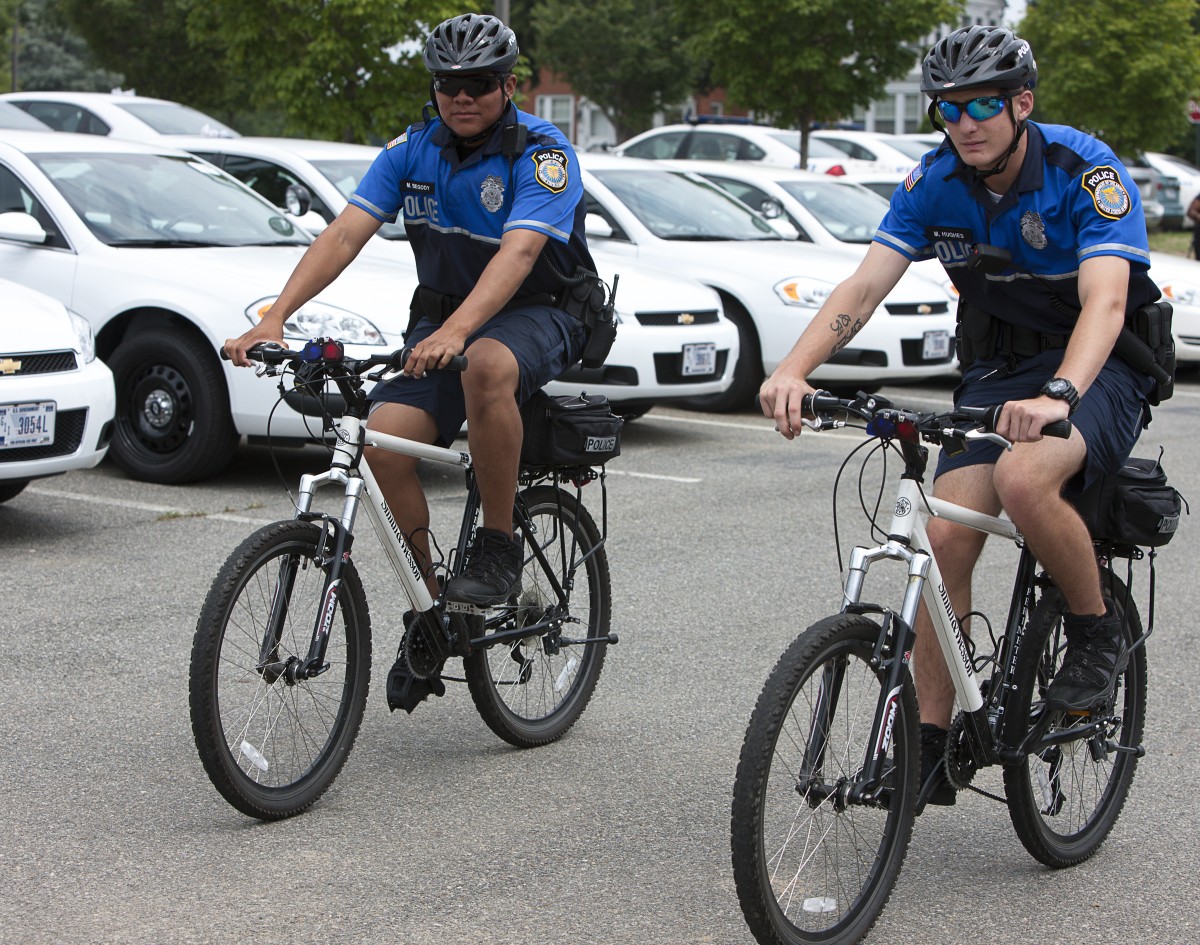Patrol operations are an important part of policing. Their ability to do this is directly related to community safety and trust. Comprehending the fundamentals of efficient patrol methods helps ensure risk-free surroundings. In this article, we look at the key elements that facilitate effective patrol operations—planning, training, technology, and community engagement.
Strategic Planning
Effective patrol operations begin with strategic intelligence planning. A good plan will articulate well-defined goals, with resources leveraged judiciously. This ensures that the patrol units are deployed only in the areas where they will be more effective. Planning, therefore, consists of reviewing crime trends and identifying hotspots. Using data to determine potential locations and times of incidents, law enforcement can better allocate resources to the neediest regions. It improves both security and efficiency, as it allows for more target-specific measures.
Comprehensive Training
Training is one of the most important elements, one that prepares officers to carry out patrol operations successfully. It goes way beyond simple law enforcement tactics, including skills such as communication, crisis management, and cultural awareness. Regular training helps officers stay up-to-date and aware of current strategies and procedures. Simulated scenarios can give police officers a hands-on experience to practice the theoretical skills that they develop through courses. Being prepared to respond is a foundation of confidence and adaptability, two critical elements of effective patrol work.
Utilizing Technology
Today, most patrol operations utilize advanced technology. Machinery and systems of a more sophisticated level allow police to execute their functions and roles effectively. Technology adds to the safety and accountability factor, from body cameras to real-time data analytics and more. It provides instant information transmission through communication systems and ensures that officers have key information when they execute work processes. This helps with informed decision-making, ensuring timely responses to situations that emerge.
Community Engagement
Trust in the community is intrinsic to any successful patrol operation. For officers who actively engage those in their community, it cultivates a sense of partnership and mutual respect. Such relationships help citizens impart useful information to help in crime prevention and solving. This involves community engagement through meetings, events, outreach programs, and more. When officers are seen out and about, interacting with the community, it allows them to establish relationships that will build a support system for the police to carry out safety measures.
Focus on Communication
Remember that effective communication is key to successful patrols. When the message is clear and short, you limit the confusion and encourage more cooperation. Communication skills enable officers to diffuse a situation and work more closely with the public to garner trust. Good communication also hinges on being an active listener. When officers listen to the community, they are better able to address issues. This skill builds trust and shows a commitment to serving the needs of the community.
Emphasizing Adaptability
You need to adapt your patrol operations according to how situations change. Conditions can change, often in the blink of an eye, so officers operate in dynamic environments. Their flexibility helps them adapt their strategies and make open-minded decisions on the fly. Adaptability is developed by ensuring learning and continuous practice. Preparing to predict and respond to surprises allows officers to maintain order and protect the public. This is an important quality to have when managing various challenges.
Prioritizing Officer Wellness
The wellness of officers is an important consideration in efficient patrol functionality. Their physical and mental well-being helps them perform and make better decisions. All law enforcement agencies need to implement resources and systems that support officer wellness. Healthier work environments are created through regular assessments, availability of counseling services, and stress management programs. When officers know they have the necessary support, they are in a much better place to dutifully and tirelessly serve their communities.
Continual Improvement
Ongoing improvements are essential for efficient patrol execution. Frequent assessments and feedback mechanisms enable them to identify areas for improvement. By evaluating and refining the systems, agencies can strengthen their strategies to meet whatever comes next. Promoting a mindset of training and development will keep patrol functions relevant and progressive. This dedication towards improvement encourages innovation and enhances the quality of the law enforcement services provided to the community.
Conclusion
Strategic planning, training, technology, and community engagement make up the foundation of effective patrol operations. Through communication, flexibility, officer well-being, and continuous improvement, police agencies can pivot their patrol strategies. These are the building blocks that will enable officers to serve their communities better, creating increased safety and enhanced trust.
